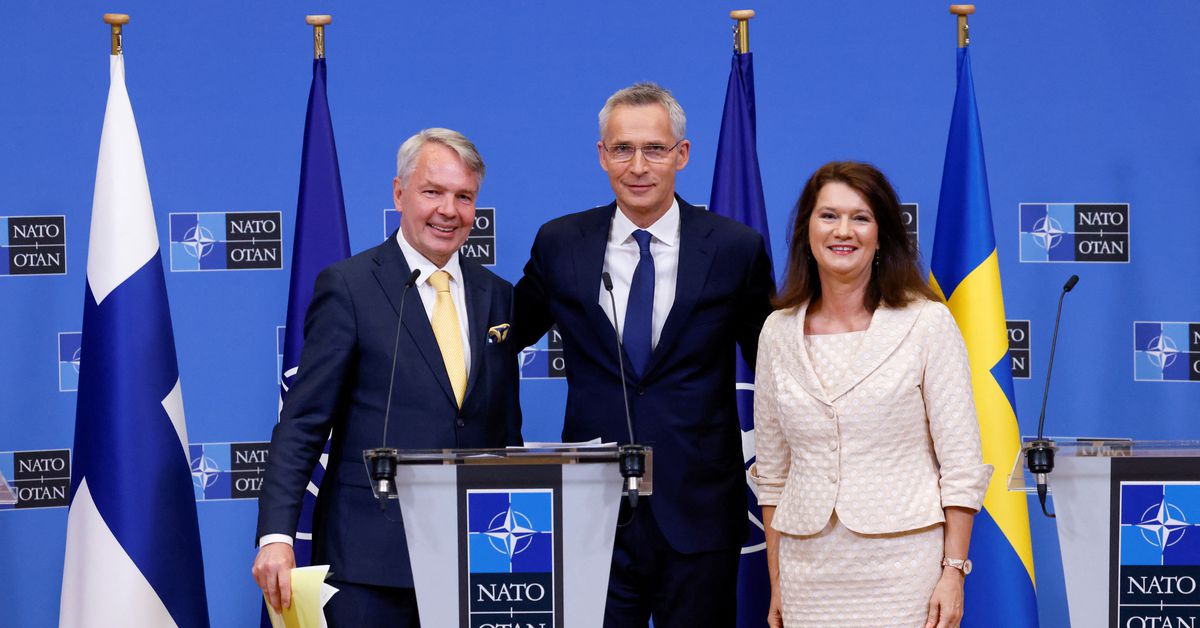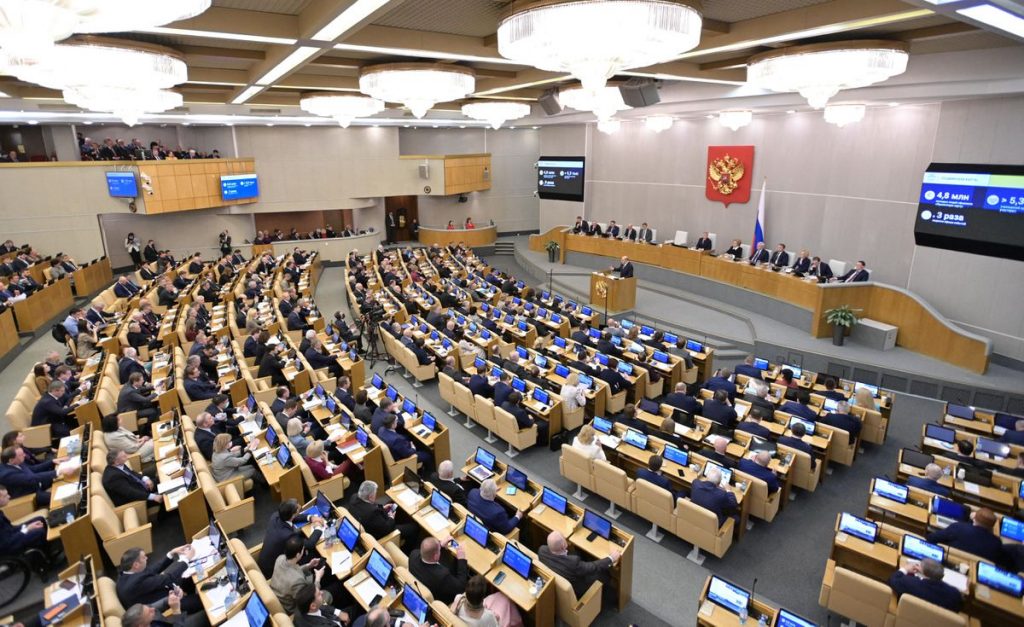News
Finland, Sweden another step closer to full NATO membership
-



 News1 day ago
News1 day agoSydney church horror: Stabbing rocks Wakeley community
-



 Leaders3 days ago
Leaders3 days agoThe ‘invisible killers’ causing concern
-



 News3 days ago
News3 days agoIran launches drone attack against Israel
-



 Money2 days ago
Money2 days agoUS energy stocks surge amid economic growth and inflation fears
-



 News2 days ago
News2 days agoTicker appoints Kane Daniel Ricca as Global Marketing Director
-



 News3 days ago
News3 days agoIran launches retaliatory attack on Israel with hundreds of drones
-



 News2 days ago
News2 days agoAre we witnessing a rise in Middle Eastern geopolitical cooperation?
-



 News2 days ago
News2 days agoKim Kardashian’s Hollywood ascent: Streamers bet big on reality star

















